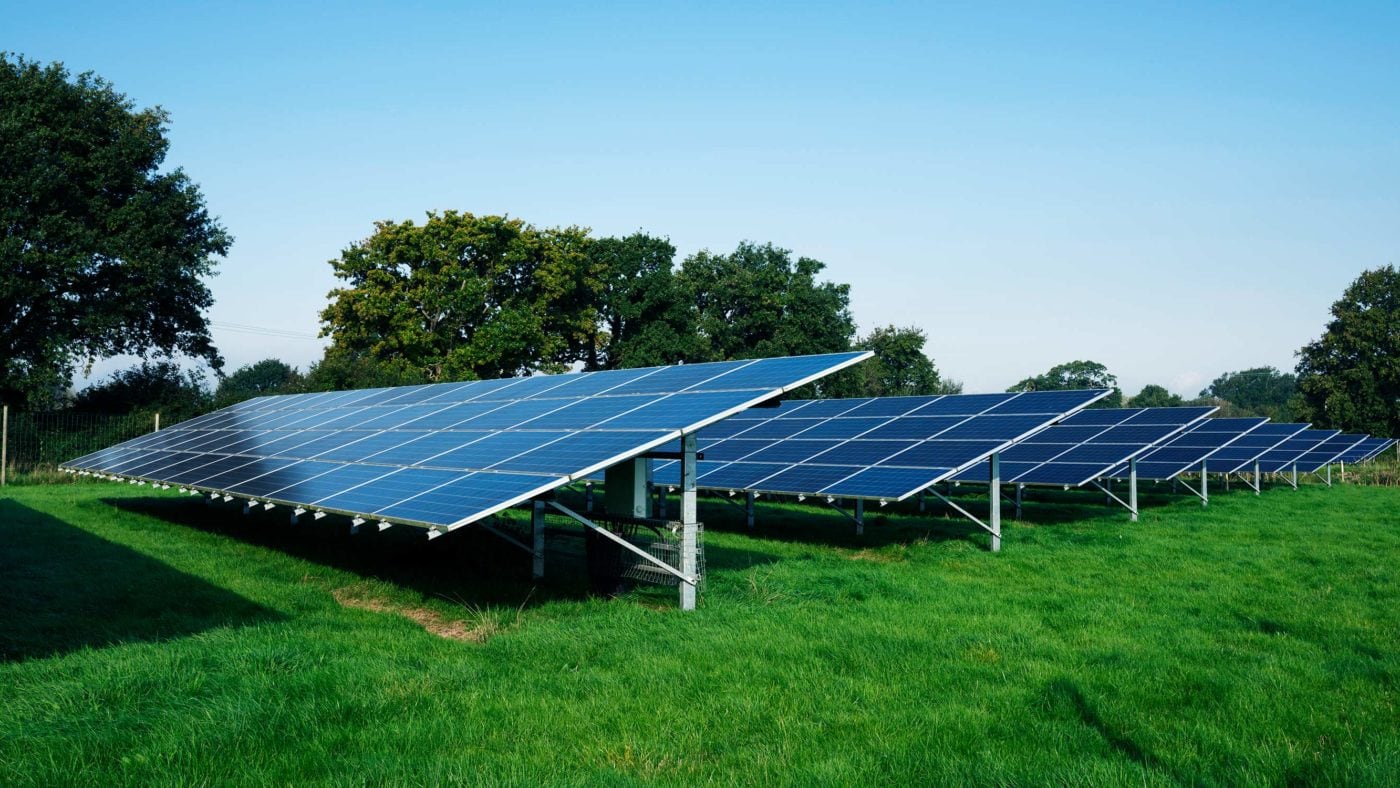Three years ago this week the UK became the first major economy to sign ‘net zero’ – net zero carbon dioxide emissions by 2050 – into law. As the minister responsible at the time, it was a decision made against a swirling backdrop of Theresa May’s final days in government, a doomed Brexit deal, along with the fact that France too were about to agree similar legislation. In the end, the UK was the first G7 country to legislate for net zero, beating our French counterparts by a single day.
Three years on, I could hardly have expected net zero to have gone viral in the way it has. Nearly 90% of the earth’s surface is now under a net zero target of some sort. The UK’s leadership on climate has always been internationally renowned, yet net zero has allowed the UK to place itself at the forefront of the climate challenge, hosting COP26 in Glasgow, delivering real commitments from China to Chile to reduce carbon dioxide emissions. Indeed, if there was a post-Brexit mission that the UK can demonstrate genuine world leadership in forging its own identity, net zero is it.
And with this international leadership has come international, inward investment into the UK: from Nissan to Orsted, Siemens to Equinor, foreign companies are not only investing in our post-industrial communities across the regions – in electric car plants in Sunderland or in Net Zero Teeside – but a host of new British start-ups and manufacturing industries are leading a green industrial revolution as we move from coal and fossil fuels to renewable and other clean sources of power.
In the last three years, the UK has set out a vision for Britain to have not only its legal sovereignty, but to ensure it has its own energy sovereignty; home-grown sources of wind, solar and nuclear power, underpinned by the production of new forms of energy such as hydrogen, while seeking to capture and store our industrial carbon dioxide emissions.
It is a vision centred around net zero and renewable, sustainable forms of energy that has proved to be not only the right call, but on the right side of history too. As the Ukraine war has highlighted, we can no longer be dangerously reliant on foreign petrostates for fossil fuels. Unless we take energy security seriously, we literally will become victims of a cold war that will seep into every household still facing a cost of gas crisis.
Some of my Conservative colleagues have suggested that net zero, or the so-called ‘green levies’ – making up 8% of energy bills – are to blame for rising costs. This is a dangerous game to play, for if we pull the plug on green investment, the UK not only plays into the hands of Putin and other fossil fuel producers abroad, but vast areas of our country, including many of my colleagues’ Red Wall constituencies, would have direct, targeted investment pulled from underneath them.
The Government has rightly seen that net zero is the future: so too have the vast majority of private sector investment, who understand that this is a global shift towards the technologies of tomorrow; indeed, even if climate change wasn’t happening at a devastating pace, we should be going net zero to secure our own UK sovereign forms of energy, manufacturing and supply chains.
The benefits of net zero, three years on, are greater than I could ever have imagined. Indeed, communities and companies across the country have recognised and harnessed the power of innovation, of thinking how to make and manufacture differently, if we are to protect our natural environment.
But net zero can’t be just about thinking about how to save the world; for many people, getting to the end of the week is what counts. And yet, this is where we need net zero more than ever. As the price of gas, oil and petrol continues to skyrocket, renewable forms of electricity – be it in cars or in homes – are already now cheaper than fossil fuels.
Meanwhile better insulation would save the average household around £450 a year, every year on their bills. Our duty must be to make net zero work for every household, by creating incentives not costs, and giving rebates back to consumers as our world leading offshore wind grid produces low-cost energy.
Net zero has never been about green zealotry. Indeed, it allows our economy to grow, and our energy and electricity use to expand, while helping to level up the very communities that voted Conservative for the first time in 2019. Three years on, there would be no benefit to ditching net zero now, just at the time when these communities and the UK need this post-Brexit success to continue delivering for them.
Click here to subscribe to our daily briefing – the best pieces from CapX and across the web.
CapX depends on the generosity of its readers. If you value what we do, please consider making a donation.


